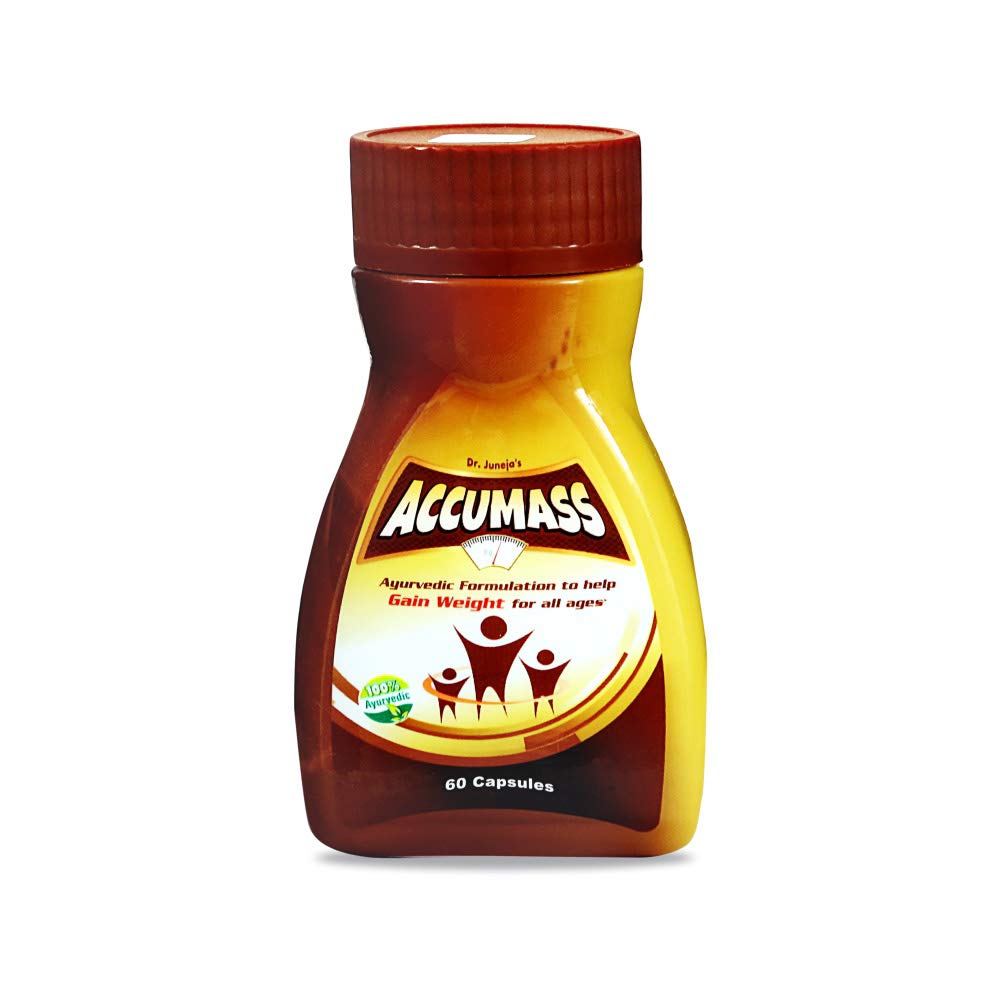
Introduction:
Alternative medicine, also known as complementary or integrative medicine, encompasses a broad range of therapies and practices that exist outside the realm of conventional Western medicine. This report delves into the fascinating world of alternative medicine, providing an overview of its principles, types, and effectiveness. By considering its historical development, current usage, and potential benefits, we can gain a deeper understanding of the role alternative medicine plays in promoting holistic health and well-being.
Historical Development:
The roots of alternative medicine can be traced back to ancient civilizations, where herbal remedies, acupuncture, and spiritual healing were commonly practiced. Traditional Chinese Medicine (TCM), Ayurveda, and Reiki, for instance, have been used for thousands of years and
continue to thrive today. These ancient healing systems are based on the belief that the sources of illness lie beyond the physical body, involving an imbalance of energy or vital forces.
Types of Alternative Medicine:
Alternative medicine encompasses a wide array of therapeutic practices. In the event you loved this informative article and you wish to receive more information regarding
Supplemental vitamins generously visit our web page. Some notable examples include:
1. Herbal Medicine: The use of plants and herbs to prevent and treat medical conditions.
2. Acupuncture: The insertion of thin needles into specific points on the body to restore energy flow and promote healing.
3. Homeopathy: Treatments that rely on the principle of "like cures like" by utilizing highly diluted substances.
4. Chiropractic: Manipulation of the spine and musculoskeletal system to improve overall health and alleviate pain.
5. Naturopathy: Utilization of natural therapies, diet, and lifestyle modifications to enhance the body's inherent healing abilities.
Effectiveness of Alternative Medicine:
The effectiveness of alternative medicine has been a topic of debate. While proponents often cite anecdotal evidence and personal experiences, scientific studies with rigorous methodology are lacking for many alternative therapies. However, there is growing recognition of the benefits provided by certain forms of alternative medicine.
1. TCM and Acupuncture: Studies have shown that acupuncture can effectively alleviate pain, reduce anxiety, and address issues such as nausea and infertility.
2. Herbal Medicine: Several herbal remedies have demonstrated efficacy in treating various conditions, such as St. John's Wort for depression and Echinacea for boosting the immune system.
3. Chiropractic: This practice has consistently been shown to alleviate back pain, improve range of motion, and enhance overall well-being.
4. Mind-Body Therapies: Techniques like meditation, yoga, and mindfulness have gained popularity due to their positive impact on mental health, stress reduction, and general wellness.
Integration with Conventional Medicine:
Increasingly, alternative medicine is being integrated into conventional medical practice. Recognizing the benefits of a multidisciplinary approach, practitioners from both fields collaborate to provide patients with a more comprehensive treatment regimen. This integrative approach aims to optimize patient outcomes by combining conventional diagnostics and therapies with selected alternative modalities.
Challenges and Controversies:
Alternative medicine also faces various challenges and controversies. Skeptics argue that the lack of scientific evidence and regulation undermines its credibility and safety. There is concern surrounding the potential for fraudulent practices, misdiagnoses, and incorrect treatment protocols. Critics warn that relying solely on alternative medicine can delay or replace necessary conventional medical interventions, potentially worsening certain conditions.
Conclusion:
Alternative medicine offers a unique and holistic approach to health and well-being. While some practices have shown promising results and gained recognition, more research is needed to validate their efficacy. The integration of alternative medicine with conventional treatments holds significant potential for improving healthcare outcomes. By embracing a balanced approach, harnessing the power of both alternative and conventional medicine, we can provide patients with the most comprehensive and effective care.